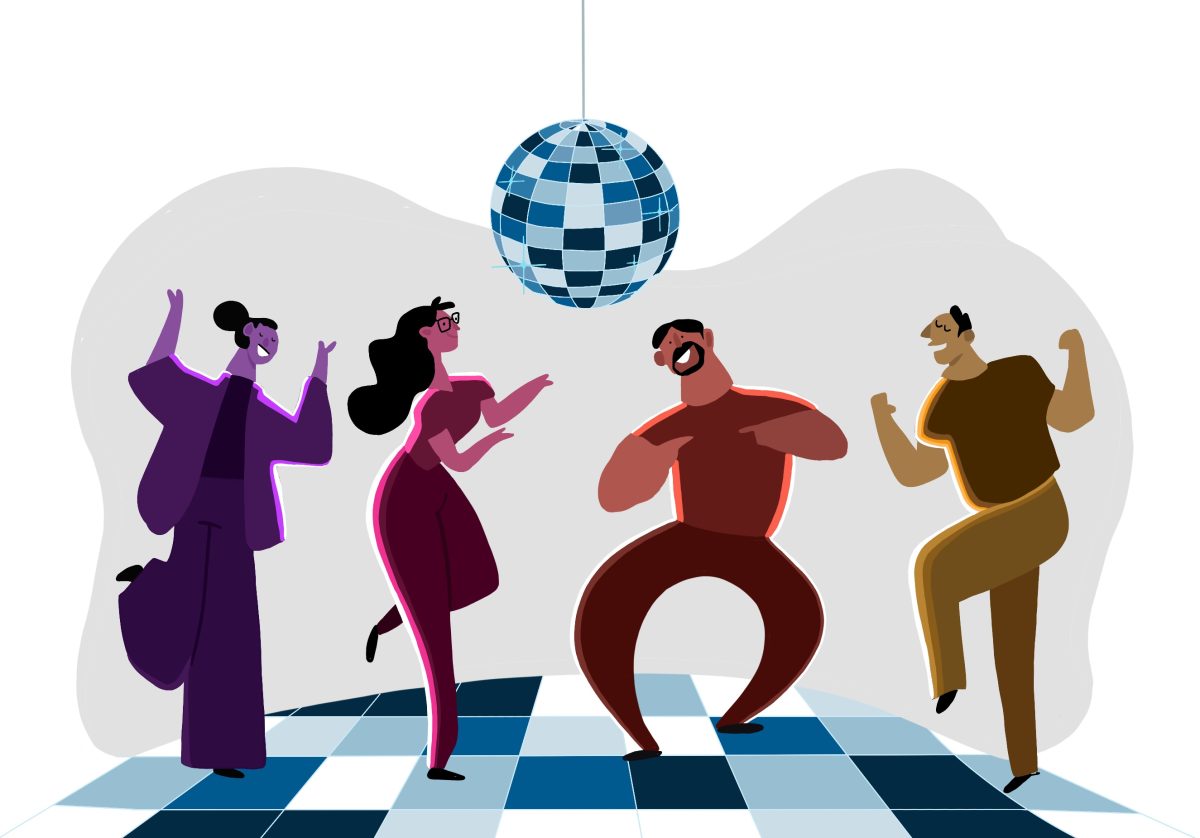House parties. Jell-O shots. Rampant booze-guzzling. For many students alcohol indulgence is a common social ritual. I personally have spent many a Friday night pounding down drinks in someone’s crowded basement. Even in a subculture that embraces drinking games and beer bongs, alcoholism still remains a misunderstood condition.
Many are unable to relate to the cookie-cutter stereotypes associated with an alcoholic or addict. My mental caricature of a common drunk resembled a disheveled white guy with a bulging stomach living in a dilapidated trailer park, plopped in front of a television with cheap whiskey. I was an intelligent, ambitious young student – a far cry from the “common drunkard.” Convinced that alcoholism couldn’t faze me, I rationalized my drinking habits and fabricated an elaborate web of deception around my use, and it literally almost killed me.
There is no need to rehash the facts; you already know the risks (and benefits) of alcohol consumption. I don’t condemn the act of good ol’ recreational drinking, nor the folks who do it. I’m simply sharing my experience with addiction.
My alcohol use began in my mid-teens. I was romanced by the hazy, frivolous glow of a good buzz. Drinking enhanced all of my passionate, extroverted qualities; I felt connected. My fears and insecurities vanished. Alcohol was the perfect release from the mundane confines of sobriety, and I began drinking as often as I could.
Over the years, I continued to drink regardless of the consequences and warning signs. When I was 18, I totaled my car and got a DWI. While traveling alone around England, I blacked out in London and woke up the next day, frightened and dazed, in a city two hours away. I was back at a pub within hours. When friendships crumbled or I woke up with a stranger, I shrugged it off. Then, last December, when my boyfriend and I broke up, I was overwhelmed with sadness and rejection. I turned to alcohol.
I began to hit the bottle – hard. The inevitable downward spiral I had fought off for years set in. I quit going to classes two weeks before finals. Depression and anxiety consumed me. I continued to drink, sleep, then drink some more. I began experiencing alcohol withdrawal: cold sweats, body tremors, vomiting up stomach juices. Instead of numbing the pain, it became increasingly distorted and magnified. I felt completely powerless. I had warped my mind into this obsession and it was destroying my life. I checked myself into rehab Dec. 30.
Before rehab, sobriety seemed dull and unnatural. During rehab, it seemed terrifying. I was forced to confront the pain of my fractured, unmanageable life. I left rehab Jan. 19 after a 21-day inpatient program. To my dismay, the world was the same. All the bars and liquor stores were still open for business. Without alcohol, I felt awkward and vulnerable. The fear, pain and uncertainty that I struggled with a month before were still there. I now had to face my demons sober. Recovery from an addiction requires a unique kind of courage. It requires a person to change all aspects of their life: thoughts, behaviors, and routines. It demands complete honesty. I knew that alcohol caused unnecessary chaos, shame and suffering. If I got sober, I had the chance to relinquish the sense of harmony and self-love. Inspired by the hope that it is possible to live differently, I realized that getting sober was the best decision I have ever made.
Headlines constantly remind us of a student’s tragic consequences from drinking, but the coverage only skims the surface. Public dialogue must be expanded to include the nature of addiction. Our society marginalizes addiction through stereotypes and stigmatization, creating a climate of distorted myths and realities. In treatment, I befriended fellow patients from all walks of life: cops, soccer moms, athletes, students, engineers and socialites. The scope of addiction spans all of society, hijacking all different types of bodies. A gin blossom nose is not a prerequisite for being an alcoholic. We need to change our perspective.
If you believe that you or someone you know may be struggling with addiction (and many of us are), take action and seek help. You deserve a better life. Explore methods of treatment and recovery available to you. Confide in people for support, and remember that it is natural to feel afraid. Addiction happens. With courage and honesty, it can be overcome.
Sara Miller is a University student. Please send comments to [email protected].
















